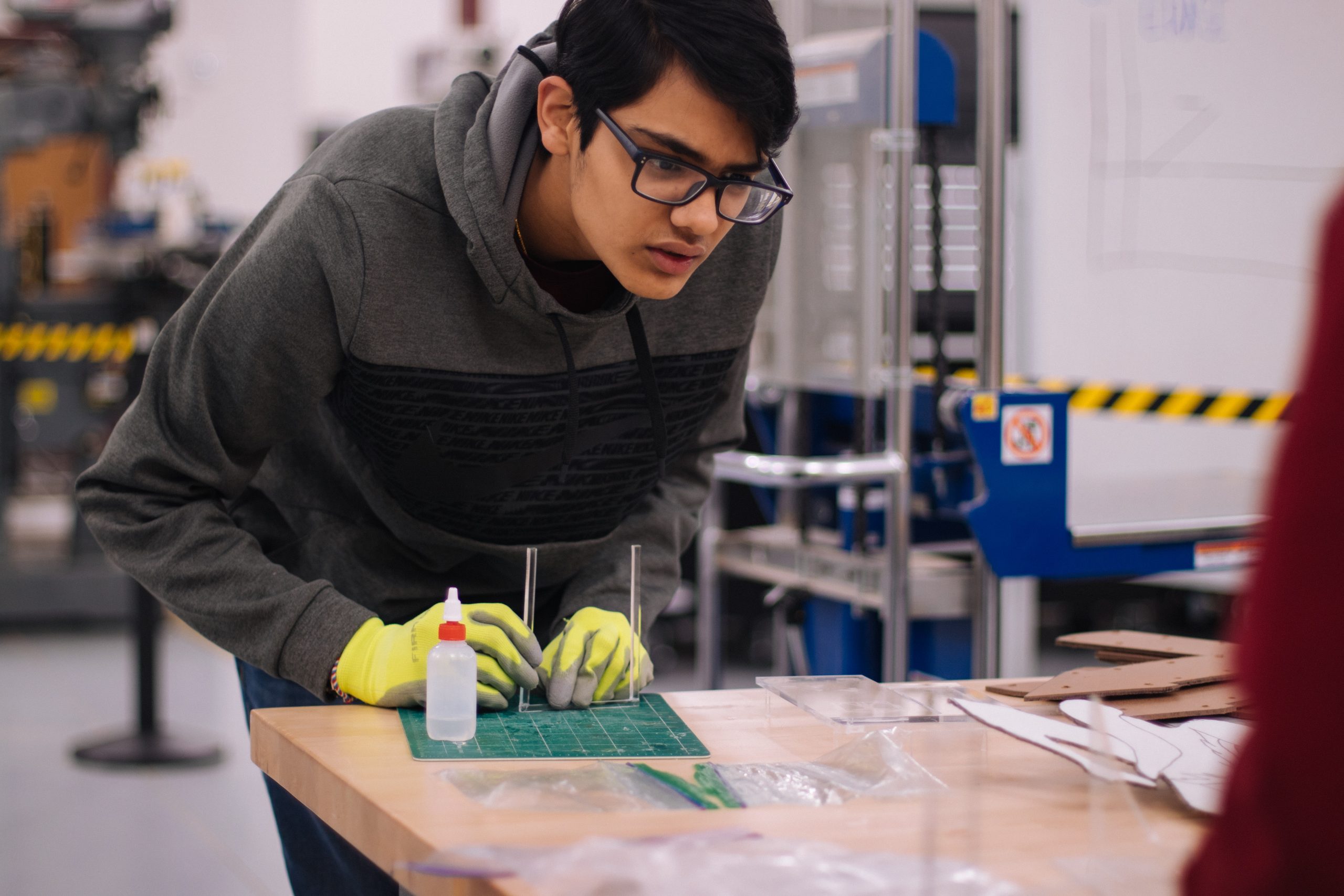
Building Thriving Local Economies by Leveraging the Maker Movement to Close the Skills Gap
Summary
The Federal Government should further invest in, support and scale four existing approaches to building local skills and vibrant, self-sufficient local economies by coupling localities’ needs with workforce development and small-scale manufacturing. This is achieved by scaling local programs and initiatives which harness the Maker Movement, a community-driven, grassroots effort to enable people to design, prototype and manufacture projects, solutions and products.
Specifically, the Federal Government should:
- Leverage makerspaces and Fab Labs as local sites for preparing the current and future workforce through real-world maker-centered learning and Employer Validated Training Programs.
- Build the “MakerNet” to connect employers with skilled talent.
- Cultivate makerspaces as engines for small businesses.
- Launch FabCity America to challenge cities to make what they consume.
By harnessing early successes from across the country, these policy solutions can rapidly stand up localized programs to immediately support more American communities grappling with skills shortages. This need is exponentially more critical in the face of COVID-19, as 80% of U.S. manufacturers have articulated that their business will be financially affected by the pandemic and 53% require a change of operations, including the increased use of automation technologies.
While rural schools are used to being scrappy and doing more with less, without state and federal support, districts will be hard-pressed to close teacher workforce gaps on their own.
Without trusted mechanisms to ensure privacy while enabling secure data access, essential R&D stalls, educational innovation stalls, and U.S. global competitiveness suffers.
tudents in the 21st century need strong critical thinking skills like reasoning, questioning, and problem-solving, before they can meaningfully engage with more advanced domains like digital, data, or AI literacy.
We need to overhaul the standardized testing and score reporting system to be more accessible to all of the end users of standardized tests: educators, students, and their families.